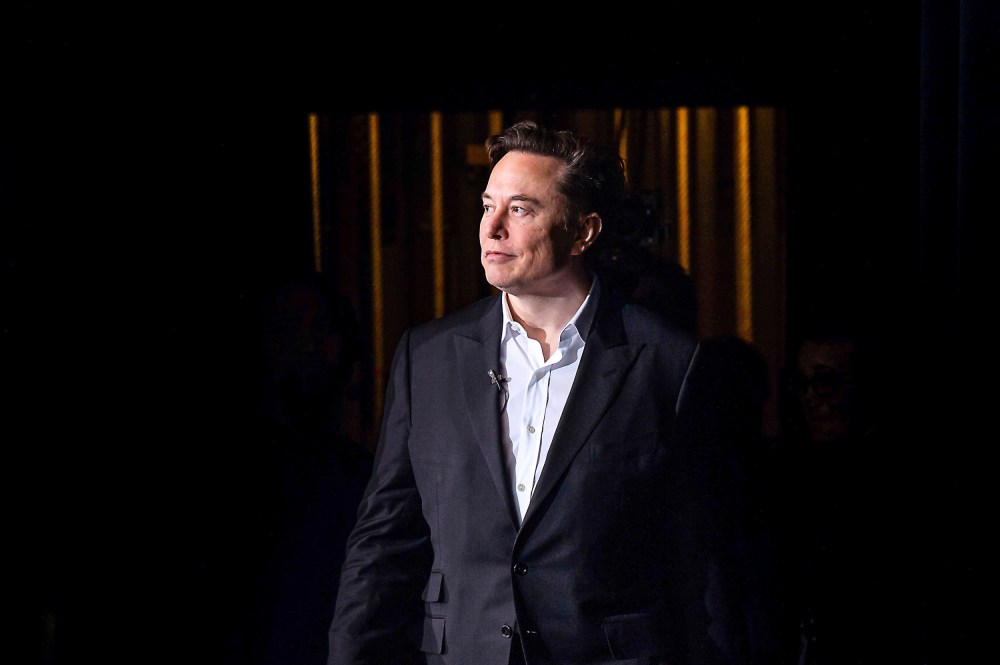Elon Musk framed his takeover of Twitter as a bid to maximize free speech on the social media site, pledging that as long as speech wasn’t violating a country’s laws, it would be safe on his platform. But on Thursday, Musk suspended the accounts of several prominent national journalists, including reporters from CNN, The New York Times and The Washington Post, for expressing legal speech.
Musk said the reason he suspended the journalists was for violating a new policy on doxxing, which he had instituted just one day earlier. Under that policy, Musk suspended an account that tracked the movement of his private jet, as well as other accounts that tracked the locations of other jets. Musk claims that the subsequent suspension of journalists’ accounts was due to their linking to banned jet tracking sites. But at least one suspended journalist says they did no such thing, and it also appears that some of them were simply engaged in reporting on Musk’s new policy (as opposed to deliberately trying to draw attention to tracker sites). Musk deemed the location data “assassination coordinates.”
The real issue is Musk’s ad hoc, arbitrary policy-making.
Musk’s views that various forms of doxxing should be prohibited on Twitter isn’t unreasonable. Doxxing — publishing someone’s personal identifying information, like their home address — is an intrusive form of bullying that can easily lead to in-person harassment and danger. (It’s worth nothing that while publicly displaying the location of Musk’s jet — and aircraft in general — through these kinds of trackers raises privacy concerns, the data to do so is publicly available and legally collected.)
The real issue is Musk’s ad hoc, arbitrary policy-making. He has revealed that he is not the free-speech absolutist that he promised he would be. That’s not surprising for anyone who pays attention to the deeply thorny issue of regulating speech online. But the point is that he is randomly departing from free speech principles that he has articulated over and over — and doing so in a manner that probably not-so-coincidentally involves targeting people he dislikes or disagrees with.
Let’s grant that Musk’s evolution away from totally unregulated speech online is a good thing. At the helm of a major social media platform, Musk is now realizing that some regulation of speech on social media is needed to make it functional and prevent it from becoming a platform for potentially dangerous behavior.













